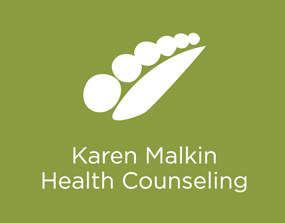By Erica Hornthal, LCPC, BC-DMT , Chicago Dance Therapy
June, which is just around the corner, is Alzheimer?s and Brain Awareness Month. There are an estimated 47 million people worldwide living with Alzheimer?s disease and other dementias. If you are not familiar with Alzheimer?s disease, it is a progressive disease that affects memory and other cognitive functions and it is the most common form of dementia.
Since there is no known cure for the illness, people are looking for ways to stay cognitively active and one such way that has been getting a lot of attention is DANCE! According to researchers, dancing involves both a mental effort and social interaction which helps reduce the risk of dementia. We are now realizing that dance has so many benefits outside of physical health. Here are 7 ways that dance impacts our brains.
Dance makes us smarter.
Engaging in dance has the ability to improve processing and executive functioning skills which correlate to greater intelligence. Studies have reported that dance even helps with focus, productivity, and mental acuity.
Dance helps create new neural connections.
When we engage in movements that cross the midline (or center) of our bodies, we actually allow one hemisphere of the brain to ?talk? to the other. This essentially creates new neural connections that enhance our neuroplasticity or, in other words, our brain?s ability to change.
Dance reduces stress.
When you dance, your brain releases serotonin- a ?feel good? hormone. Participating in dance on a regular basis has been shown to reduce anxiety and stress in the brain and the body as well as play a role in stress management.
Dance helps maintain and even improve memory.
Practicing a dance or choreography enhances procedural memory which in turn supports the brains ability to quickly instruct or carry out a task.
Dance allows for greater empathy and compassion.
Finding new ways to move and expanding our ?movement repertoire? allows us to move from a place of greater acceptance and understanding. We can enhance our tolerance and create space for differences by trying on new movements, essentially getting a feel for what it is like to move in someone else?s shoes.
Dance increases creativity.
If you have ever prepared for an audition, showcase, or merely marked some choreography, you most likely used your hands to symbolize a larger movement. Using our hands and engaging in gesturing actually increases our creativity.
Dance fosters social interaction.
Dance lessons can help improve social and communication skills. Dance can help people learn how to work as part of a team, develop a greater ability to cooperate and even assist people in making new friends.
Click here for full podcast playlist.













